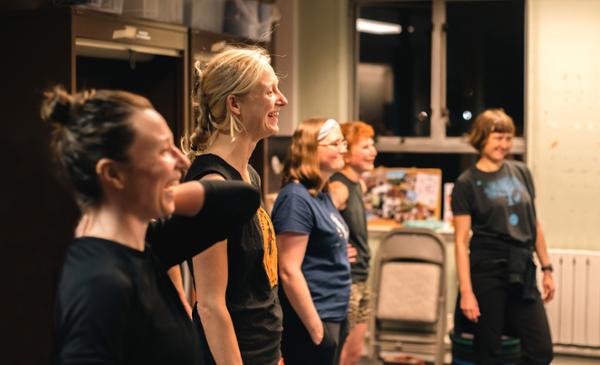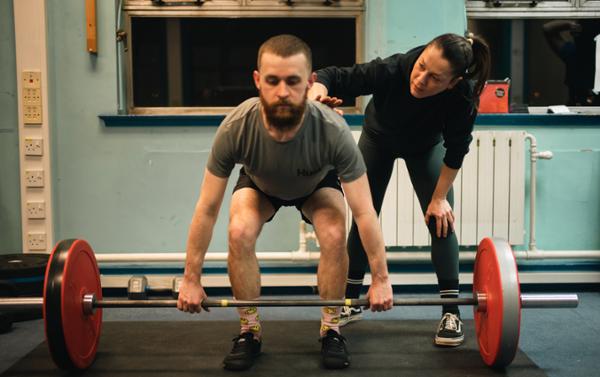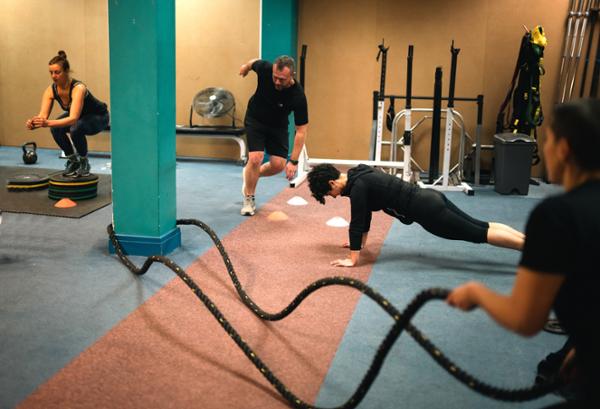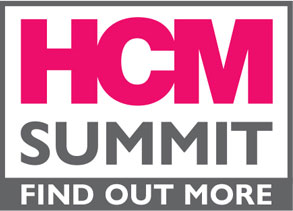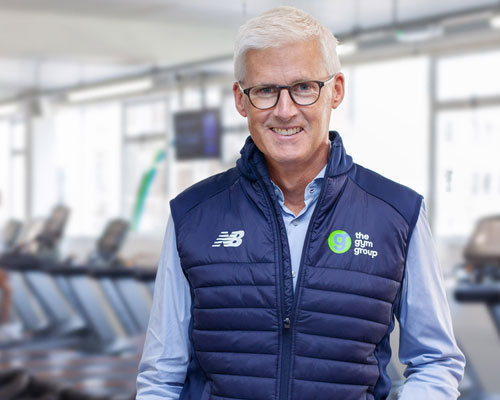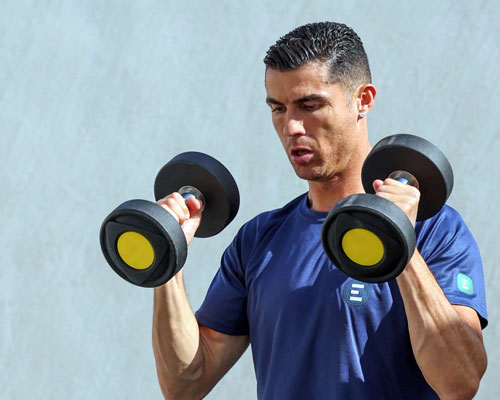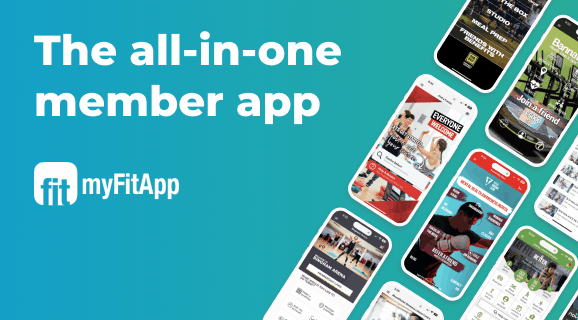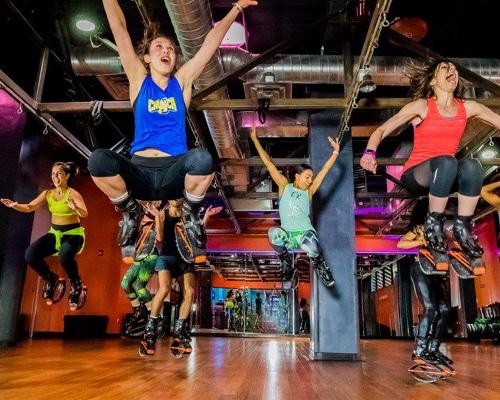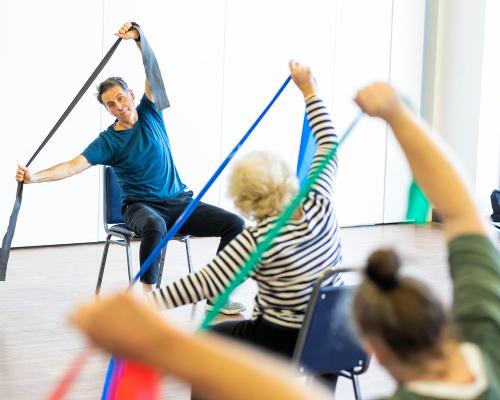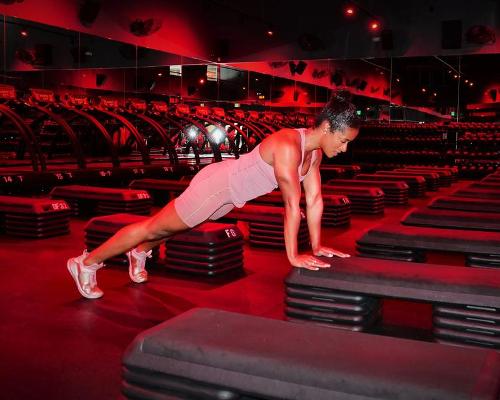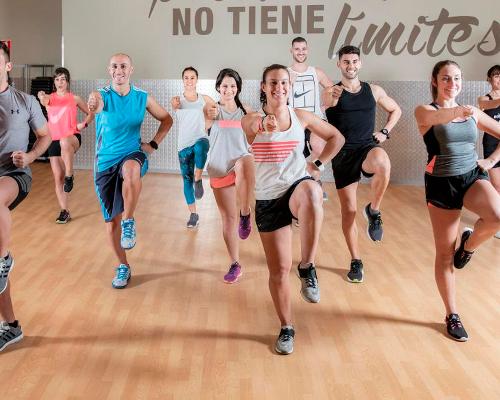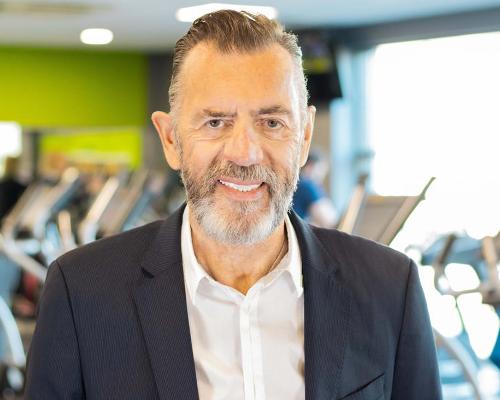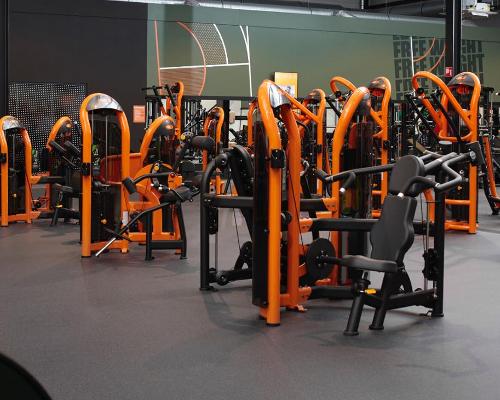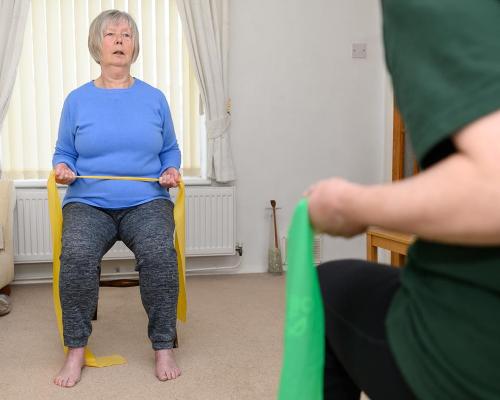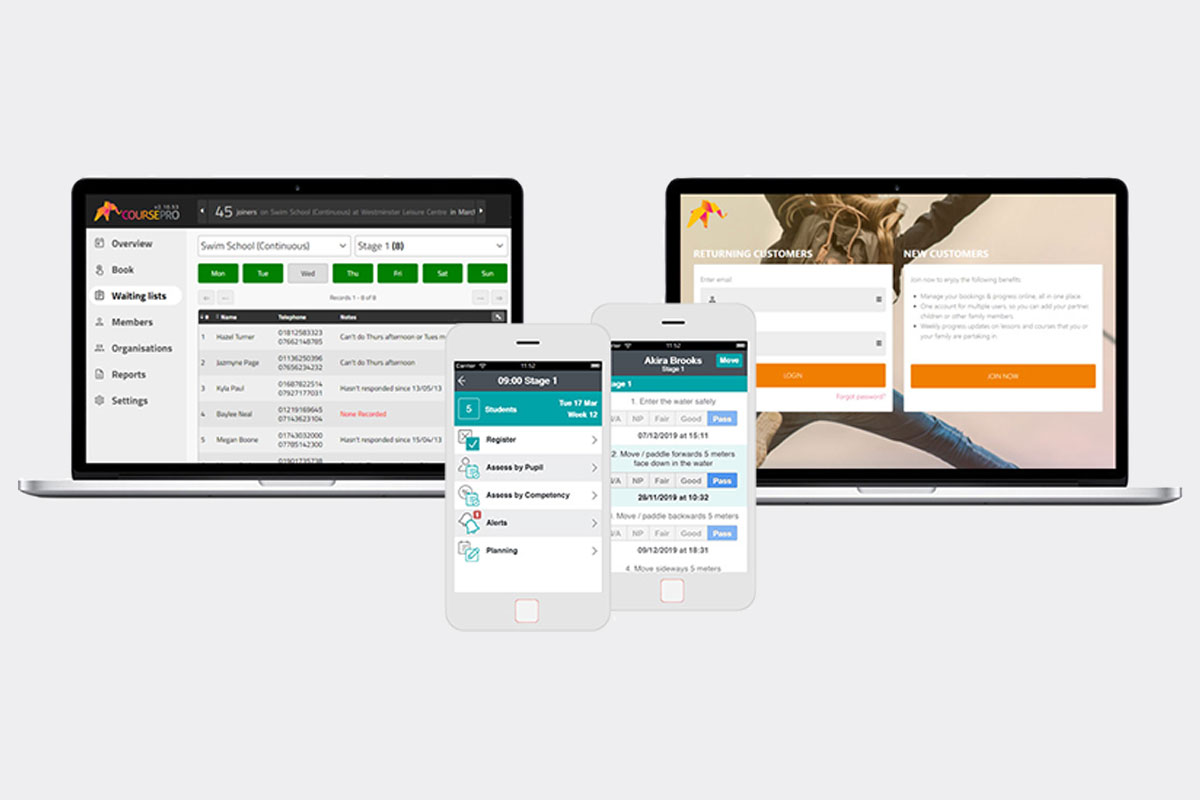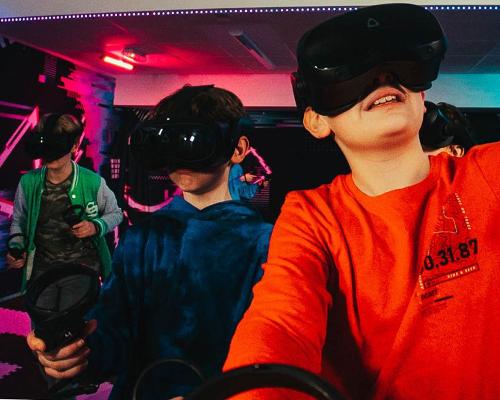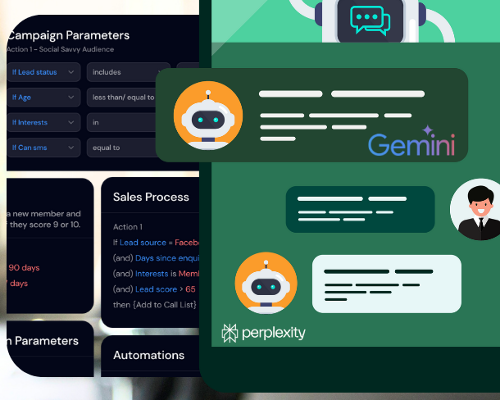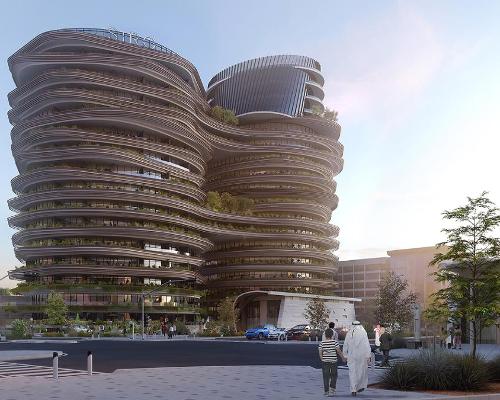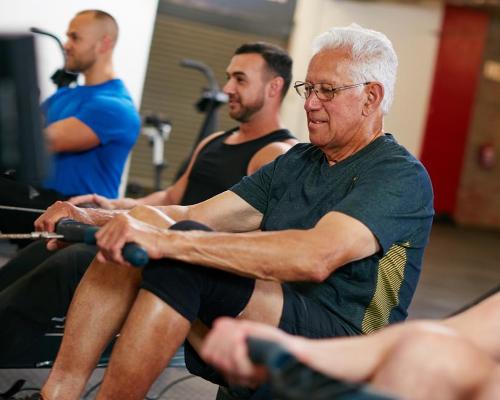features
HCM People: Guy LochheadFounder, Bristol Co-operative Gym
The co-operative model is inclusivity in practice
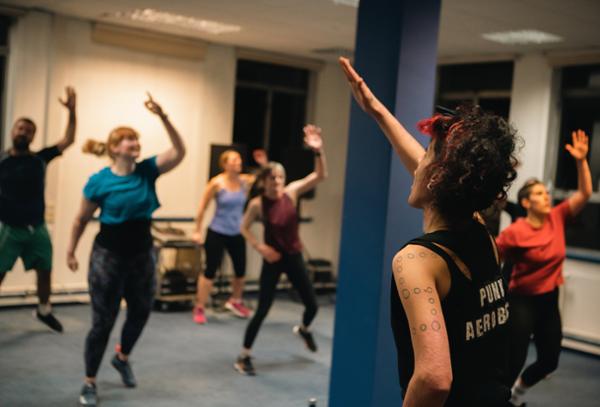
How did the idea for Bristol Co-operative Gym come about?
When I got in to Olympic lifting, I found myself fascinated by gym culture. I come from an arts background and most of my friends don’t train and are resistant to the idea of gyms, which was something I wanted to explore. I did some research around this, looking at models and statistics around members and the reasons why people join or leave gyms.
I found there were two main reasons for not being a gym member. Either socio/economic – which is not just about cost, but factors including education, income, local area deprivation, age, sex, gender variance and ethnicity. Or cultural – the way the gym environment felt, the lack of guidance, the intimidation factor, the mirrors, lights and music.
It led me to the conclusion that gyms are designed to suit a certain audience and the model isn’t that inclusive, so I thought about what the alternative would look like? What would a gym designed by its members be like?
I like to compare fitness culture with food cultures. Both start around an essential activity – eating and moving – but whereas eating has developed into many rich and varied experiences, the dominant fitness culture has stayed monocultural, particularly weightlifting gyms, and this means that many people feel excluded. A member-run model has the potential to create a diverse range of smaller places which reflect those who use and run them. It’s exciting to imagine all the movement subcultures which could emerge if this model was widely embraced.
How did you get it off the ground?
It took around two years from having the idea in 2014 to renting a grubby community hall by the hour and offering classes for one to six people.
I didn’t know anything about co-operatives but I had a lot of help from the Co-operative Assistance Network and received some funding and support from Co-operatives UK.
How does Bristol Co-operative Gym work?
We think it’s unique as a model: we don’t know of any other gyms which are owned by members and staff. It’s not profit-making and is run by volunteers. The only people who get paid are the coaches. Our fundamental goal is to reach those people who are put off by gym culture – or how they perceive gyms to be.
I believe the co-operative model holds great promise for removing common barriers to gym-based physical activity and hope Bristol Co-operative Gym can become a pioneering example of a new form of community-led centres for physical activity.
Will co-operative gyms gain traction?
I think this concept works for the industry in that below a certain size, it’s a risky business for independent gyms, with a high turnover of members and staff. Being a co-operative reduces that risk and is increasingly viewed as the sustainable answer to independent business survival, from pubs and breweries to dairies and fashion labels.
Co-operatives are also a very broad church, so the model can be tweaked to suit. For example, the founder can take a wage and there can be a vertical hierarchy. There is also funding available for co-operatives which other clubs wouldn’t be able to access.
There’s a lot of talk around inclusion in the industry, but the co-operative model is inclusivity in practise: the ownership is shared, so the power is distributed differently. It’s a club which is owned and operated by members, so it is shaped by them and reflects their needs and interests.
According to Self-Determination Theory we have a better sense of wellbeing if three basic psychological needs are met – autonomy, competence and belonging. So if we feel in control of our lives, able to act and connected to others. The co-operative model meets these needs incredibly well.
Would this model work anywhere?
Bristol does have a strong socially-minded community, which is willing to support independent businesses, and tolerate things like grubby halls! The city already had a few successful co-operative projects, such as the Cube Cinema and the Bristol Bike Project and we’ve had some members from those projects who’ve helped shape the concept.
The Midlands and the North of England also have a rich history of co-operatives so I think it could work there.
What do you offer?
We now have a permanent base and offer classes and small group PT from Mondays to Thursdays in the mornings and evenings and sporadically on weekends.
How much does it cost?
We offer three memberships: £26, £39 and £52 and allow people to choose what they pay according to what they can afford. £26 is as low as we can go and still stay viable, the middle tier is the most popular choice and the highest rate subsidises discounted and free classes and memberships for people who need them. People can join without becoming part of the co-operative.
How much time commitment do people have to give to be a co-operative member?
They have to attend two of the four quarterly meetings and we also have frequent discussions online using Loomio. The average length of time people stay as a co-operative member is 688 days.
Who are your members?
Some come to us just because we’re their local gym, others for our offering of free weights in a coached and non-macho environment. There’s a broad age range, but the majority are from their late 20s to early 40s. We pride ourselves on not assuming gender identity. We do also team up with partners to offer funded sessions for specific groups – for example, with Off the Record, a local youth mental health charity, we offered eight weeks of free weightlifting coaching for some of the young people they work with.
We have 172 active members (we count these as people who came in the last two weeks) and 26 are part of the co-operative. We have three directors who overview all the strategic stuff – one looks after the finances, another is in charge of marketing and social media – then we have sub-groups for projects, such as running the crowdfunder campaign or working on the hall.
We try to use our members’ skill sets. Lots of our most active members come from a data background and are used to working in agile teams, which allows us to move through the operational issues quite quickly. If there are any disagreements we always go back to the constitution and decide in accordance with our aims and values.
How did the co-operative fare through the pandemic?
Our members stayed very loyal to us and we were able to survive the lockdowns largely because many members chose to pay more to keep us going, despite us reducing our membership prices when we went online, which we did because a few of our members lost their jobs. The nature of the model means our members are engaged and feel a sense of loyalty and ownership, so we have a lower rate of churn generally.
How did the crowdfunder campaign go?
Earlier this year, we raised £27,000 to renovate our new studio which has been designed according to what our members want: we took on board members’ feedback as well as that of coaches.
Our architects, 2A1M, are experts in accessible, inclusive and community-engaged approaches to fitness. We looked at the whole customer journey: from how people hear about the gym, to booking, arrival, the welcome, what they first see, the class experience and how they leave.
The feedback was that members wanted a flexible, adaptable space with good sightlines. There were some specifics, like textured floors which are important for those with autism, and space for wheelchair access and adaptive equipment. It’s hard to tick every box, as the needs of user groups vary slightly and can conflict.
Generally, members want a clear, open space that’s not visually overwhelming. They don’t want to be confronted by intense equipment and don’t want mirrors. I’m confident the refreshed environment will be more inclusive and our membership will become increasingly diverse.

